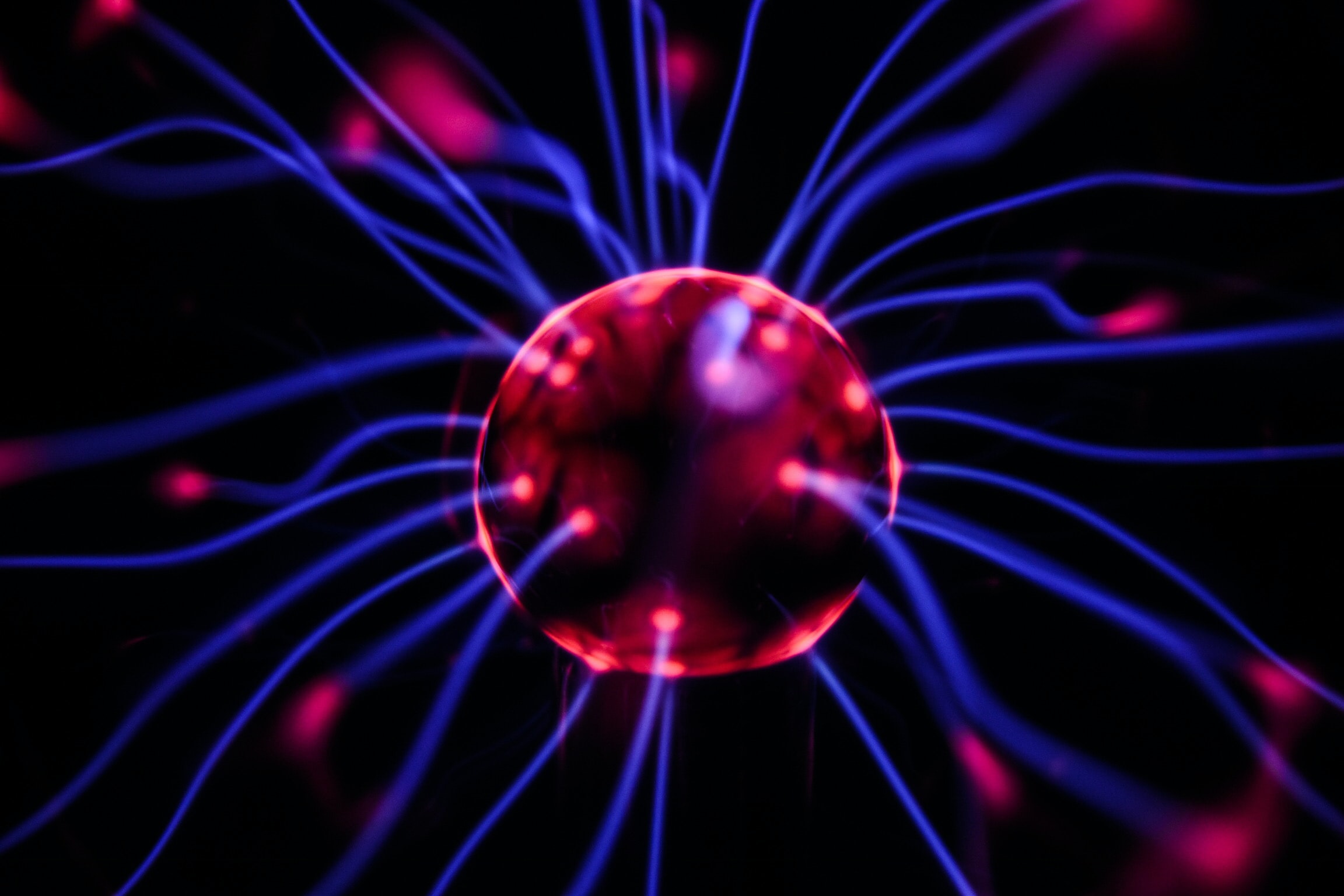A Guide to the Endocannabinoid System

Although the discovery of the Endocannabinoid System (ECS) was only made about 20 years ago and its functions are under continuous study, there is much to say about the many bodily functions it serves on a day to day basis that help regulate and maintain our health.
Read on to find out everything you need to know about the ECS and its functions as well as its potential role in cancer treatment and the overall state of our bodies.
What is the Endocannabinoid System and its Role?
The ECS is a vast and complex network of chemical signals and cell receptors. These signals and receptors are found densely packed throughout our bodies and brains and can help to regulate sleep, temperature, pain and inflammation, immune responses and much more.
The complex network of signals that make up the ECS is a combination of endocannabinoids, enzymes and receptor cells. They all work together to help maintain the balance of our bodies’ health, acting as an internal universal regulator.
Endocannabinoids are naturally occurring in the human body as the prefix “endo” refers to inside the body.
They are fatty-acid, otherwise known as lipid-based, neurotransmitters. Neurotransmitters are chemical messengers in the body that send signals between nerve cells and other cells or muscles.
Endocannabinoids, such as anandamide - the first one to ever be discovered, bind to cannabinoid receptors in order for them to have an effect on the brain or body to carry out a specific role.
The different roles of the ECS include:
- Temperature control
- Pain control
- Inflammatory and immune response
- Appetite
- Nausea and vomiting control
- Memory and learning processes
- Mood and energy control
- Embryonic development
- Blood pressure
The ECS is also composed of two types of receptor cells, namely CB1 and CB2. These receptors are stimulated by the release of endocannabinoids to carry out different functions. Let’s take a closer look at the roles of both receptor cells.
What do CB1 Receptors Regulate?
These receptors are found predominantly in the brain and the central nervous system. They act as gatekeepers by restricting the way certain neurotransmitters are released. CB1 receptors monitor the activity of most of the other neurotransmitters and provide immediate feedback on what needs to be adjusted. This balance is struck by either turning up the intensity of an activity or turning it down.
The receptors regulate different activities and conditions such as:
- Pain
- Hunger and metabolism
- Body temperature
- Alertness
- Memory, learning and cognition
- Sleep
- Emotional processing
- Anxiety and stress
What do CB2 Receptors Regulate?
The second type of cannabinoid receptor, the CB2 receptor, exists mostly in our bodies’ immune and inflammatory response systems. The activation of these receptors affects the way signals of inflammation are transmitted.
Unlike CB1 receptors which are mainly concentrated in the brain and nervous system, CB2 receptors are evenly distributed throughout the body.
They can play a role in regulating:
- Immune function
- Intestinal inflammation
- Contraction of the bowels
- Pain and inflammation of the bowels
CB2 receptors have a weak binding affinity with THC, the chemical in cannabis that is associated with causing psychoactivity, so are desirable targets for therapeutic research and development.
How Does CBD Affect the Endocannabinoid System?
Endocannabinoids found in our bodies are similar to the cannabinoids present in the cannabis sativa (C. sativa) plant. These types of cannabinoids are referred to as phytocannabinoids. Although there are 100 types of phytocannabinoids, CBD is one of the most well-known.
Everyone has molecules in their brains and bodies that are similar to those found in the plant. CBD reacts with the receptors in our bodies in the same way that endocannabinoids would. When the body is under repeated stress, the ECS can experience burn out and supplementing it with appropriate external cannabinoids could be beneficial.
Naturally stimulating the ECS can result in many benefits like improved sleep, reduced inflammation, lower levels of stress and anxiety and better moods. Hence consuming CBD or making use of CBD products may help the body maintain the perfect biological balance, that is the state of homeostasis.
What Role Does the Endocannabinoid System Play in Cancer?
The ECS has been documented largely in palliative care, but preliminary research as to its exact effects and clinical testing is still ongoing.
There is growing evidence of ECS's involvement in cancer cell homeostasis and the growth and progression of tumours. This has been implied in reports of the ECS potentially being able to signal suppressive effects on tumours through the medicinal activation of endocannabinoid receptors.
Since the ECS has some responsibility in controlling functions such as appetite and limiting conditions like nausea and vomiting, it can also play an invaluable role in easing the symptoms of cancer and the side effects of traditional treatments.
How Does Exercise Affect the Endocannabinoid System?
It has been found that moderate aerobic exercise can elevate the levels of endocannabinoids in the blood. Some studies have indicated that these increases can potentially provide long term health benefits pertaining to mood, appetite, mental health, memory, as well as cognitive processes and metabolic disease.
It’s no wonder then that runners are said to experience “runner’s high” as a fluctuation in endocannabinoids shows positive central effects on the mind and body.
The endocannabinoids are said to strengthen connections in the brain and move more easily from the bloodstream to the brain thus improving a person’s mood, decreasing feelings of anxiety and increasing those of calmness.
Summary
The ECS has been linked to many different roles and functions that help keep our bodies in a perfect and healthy balance. It has become the centre of research in recent years and is being studied alongside the development of new medicines in order to find cures for even the harshest of diseases including cancer.
Its vast network of signals are yet to be fully explored but reports have suggested that keeping one's ECS on track poses many health benefits. This can potentially be done through supplementing the natural endocannabinoids when in depletion with, for example, exercise or CBD products.














